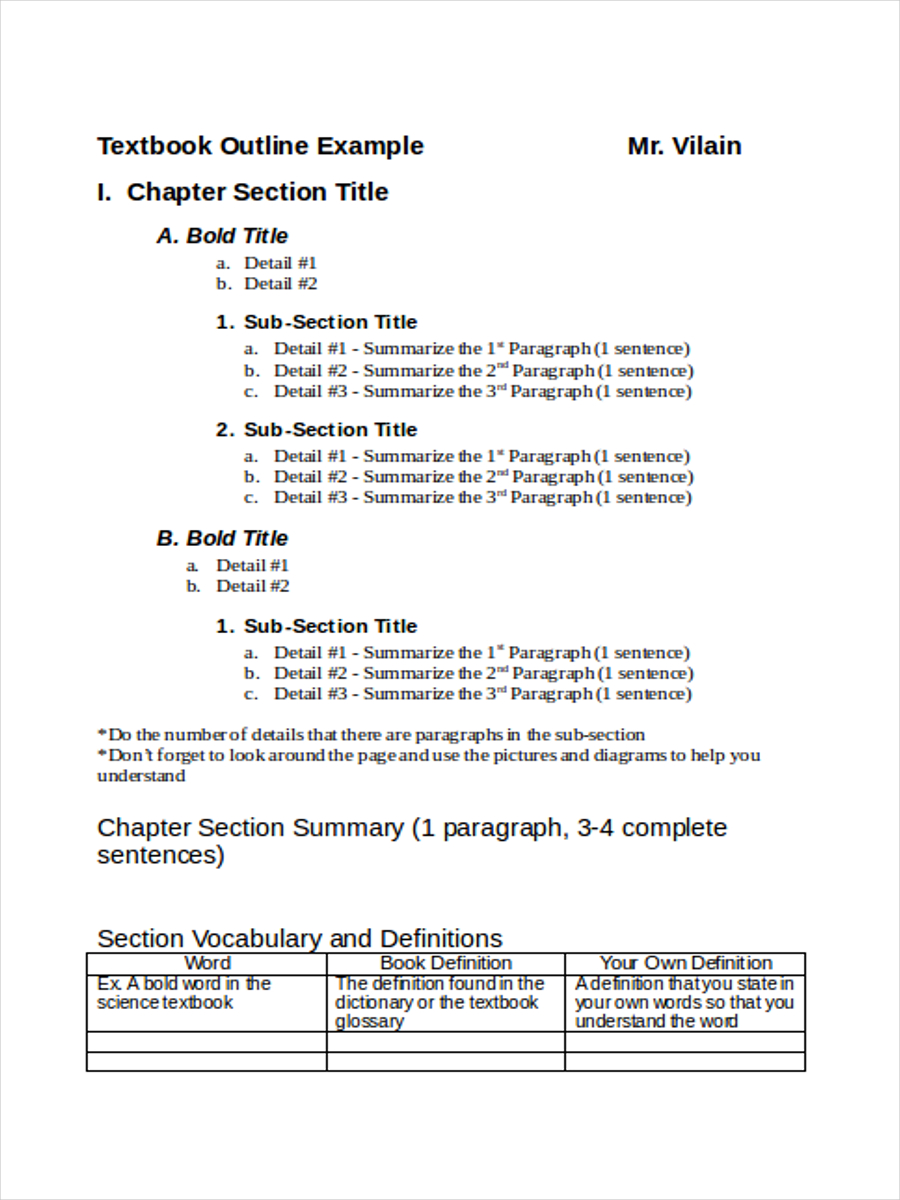

Was it a personal success? Perhaps a wish you’ve had for years finally came true. Try to convey this emotion by depicting the setting, the time, and what prompted this strong feeling of happiness and joy.

Write a poem about a moment when you felt overwhelmingly joyful.These 10 prompts cover a wide range of human emotions, so dive in deep! Poetry is almost synonymous with people’s emotional footprint. It is no wonder that the first set is dedicated to emotions. Ideas for poems about different types of emotions We hope that these ten sets of themes will bring the best of your writing skills. Poetry prompts can be of great help when you are trying to find your poetic voice, or trying to step outside your comfort zone. Inspiration can find its way in a myriad of ways, so this is a chance for you to get your creative juices flowing. There is an unlimited number of themes that can be used to produce great poetry. Poetry that was written hundreds of years ago can still mesmerize, astonish, inspire, move, horrify, and elevate us.

It transcends mortality and the transience of human life and becomes an eternal monument of people’s existence and creativity. To create an online performance (so that you can share it on Power Poetry, of course) check out our multimedia tip guide to bring your work to life.Many great minds considered poetry to be the superior form of art. Memorization allows you to be truly in touch with the meaning and the emotional content of your poem, even if you forget a word or a line you can improvise ( freestyle), which is one of the most important elements of spoken word. Once you’ve memorized your spoken word piece, you can devote more time to your performance. Gestures such as hand motions and body movements emphasize different elements of your performance. This might sound silly, but using the appropriate facial expressions help express various emotions in your performance. You’re not a statue: smile if you’re reading something happy.

Facial Expressions help animate your poem. Speak clearly and distinctly so that the audience can understand what you are saying. Enunciation helps the listeners to hear exactly what you say. Don’t mumble. Projection is also crucial, so remember to speak loudly and clearly so that your voice can be heard from a distance. From time to time, look into the eyes of people in the audience to capture their attention. It is important to maintain Eye Contact– Don’t stare at the floor, or hide behind a piece of paper/phone. After your poem is written, practice performing the poem with the elements of good stage presence in mind. Spoken word poems are written to be performed. (Check out other poetic devices while you’re at it.) Rhyming can enrich your diction and performance. Repetition is a device that can help a writer generate exciting poems with just repeating a key phrase or image. Poems that get attention are ones that incorporate simple, but powerful poetic elements. We must acknowledge ourselves as writers and understand what we have to say is important. It is important that a spoken word poem embodies the courage necessary to share one’s self with the rest of the world. No attitude, no poem! Feelings and opinions give poetry its “richness.” Each poet has a unique perspective and view of the world that no one else has. Here are some spoken word poems from our Power Poets. If your poem is rich with imagery, your listeners will see, smell, feel and maybe even taste what you’re telling them. When writing a spoken word piece use words and phrases that project onto the minds of the listeners like vivid images, sounds, actions and other sensations. Some examples of spoken word you might be familiar with are stories, poems, monologues, slam poetry, rap and even stand-up comedy. Spoken Word is writing that is meant to be read out loud. It relies on a heavy use of rhythm, improvisation, rhymes, word play, and slang. Spoken word is written on a page but performed for an audience.


 0 kommentar(er)
0 kommentar(er)
